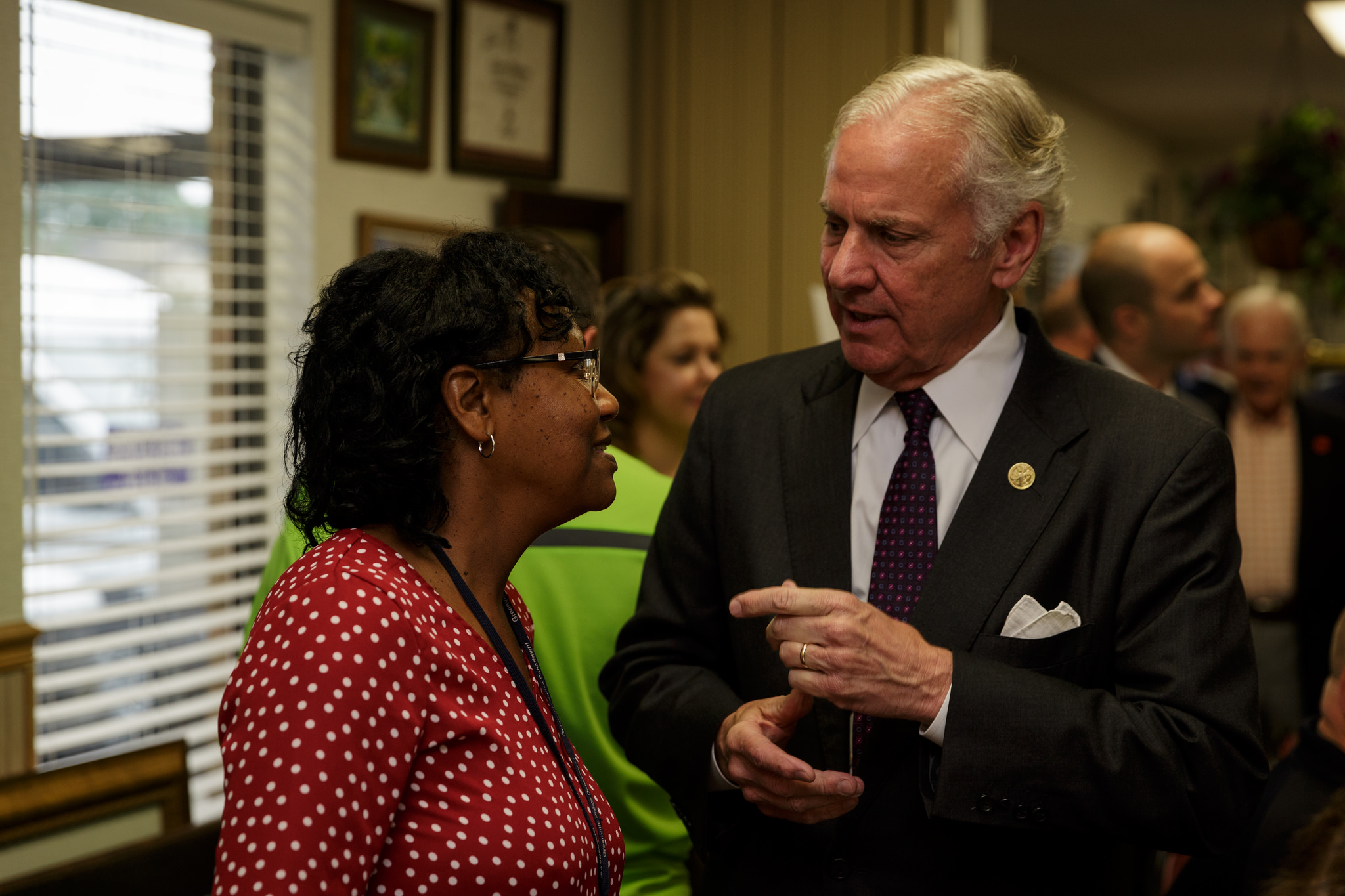#SC2018: Silent Governor’s Race
After months of multiple headlines per day, the 2018 governor’s race in South Carolina has gonYou must Subscribe or log in to read the rest of this content.
After months of multiple headlines per day, the 2018 governor’s race in South Carolina has gon
